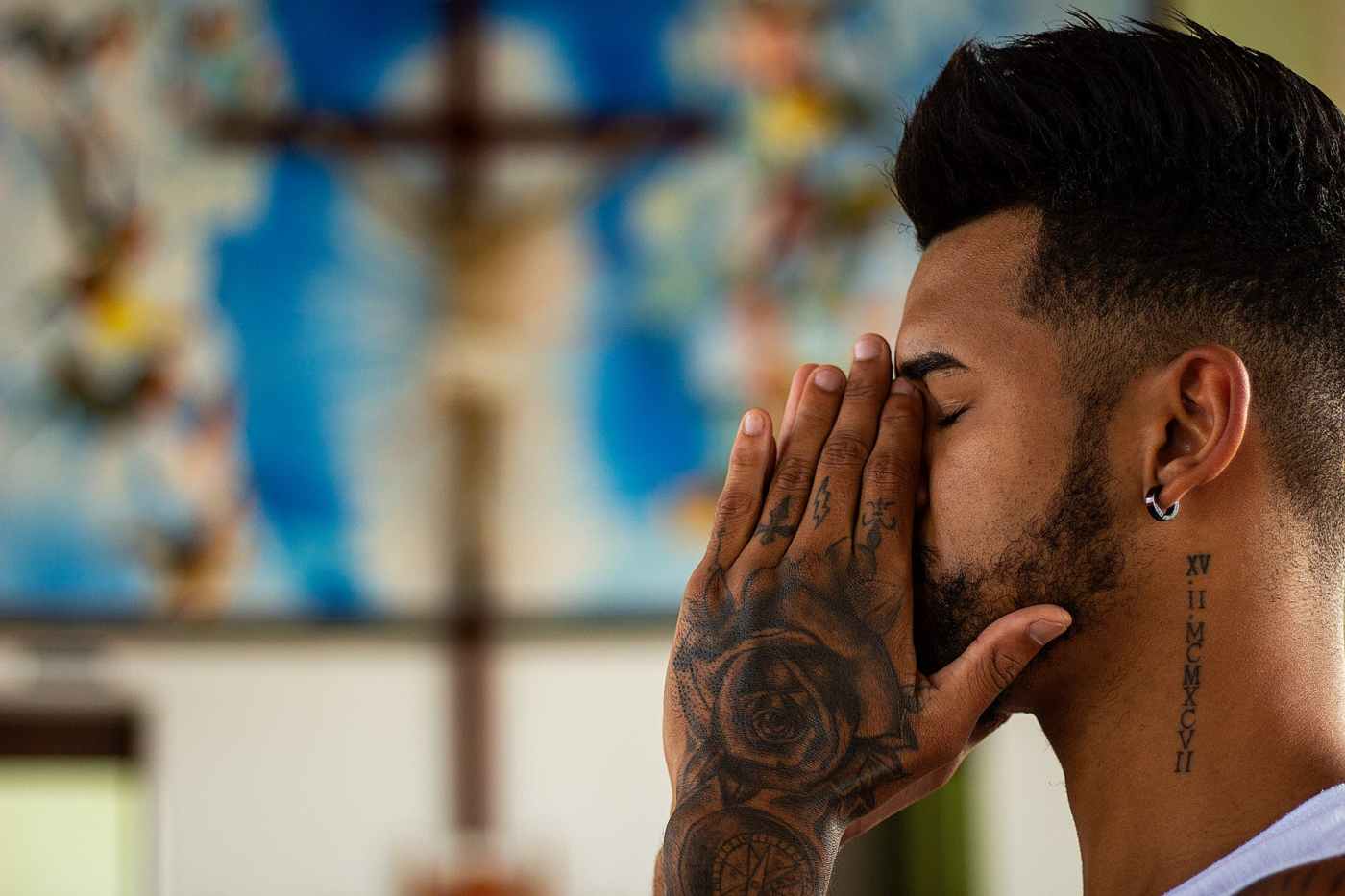Didache 8
v. 1
Fasting was a regular practice for Christians in the First Century. Here, fasting is listed with the other ecclesiological instructions. Notice that the instruction is not positive but negative. It presumes churches are already fasting as regular practice. The Apostles or Apostolic Fathers do not command the churches to fast but, supposing that they do fast, instruct them not to fast like the hypocrites or on the days of the hypocrites so as to not be associated with them. If we fast, or if we practice any religious ritual, we do not do so like the hypocrites—to be seen by people (Matthew 6:16). The Didache makes a clarification that we do not see in Scripture. We should not even partake in the rituals of hypocrites, especially fasting, because we don’t want to be associated with them. If we are to practice any ritual, we not only practice in a way that conforms to Christ’s teaching but at a different time so as to not be confused with false religious practice.
v. 2-3
The Apostles or Apostolic Fathers list prayer in conjunction with fasting. Fasting accomplishes the purpose of deeper prayer. Like with fasting, the authors of the Didache instruct the church not to practice prayer like the hypocrites—to be seen by people (Matthew 6:5). Instead, the church is to pray like Christ instructed in the Gospel accounts (cf. Matthew 6:9-15).
This disciples prayer does not concern itself with the gain or prosperity or healing of people. Instead, it confesses God as sovereign and trust in His providence for daily needs, welfare, and forgiveness.
Notice that the Didache, a First Century document from either the Apostles or Apostolic Fathers, quotes the disputed part of Christ’s example prayer in Matthew’s Gospel, “For Yours is the power and the glory forever. Amen.” The earliest and best manuscripts of Matthew’s Gospel do not contain this proclamation. The Didache proves that the proclamation was joined to the disciple’s prayer before the close of the First Century. Furthermore, it is joined to the disciple’s prayer by either the Apostles or Apostolic Fathers. The proclamation is feasibly autographical even though it is absent in the earliest and best manuscripts of Matthew’s Gospel. It is possible, then, that it was lost in some manuscript traditions and kept in others, and God preserved it for our reading today. It is also possible that the proclamation was not autographical, but was appended to the disciple’s prayer by a later scribe because, from the First Century, churches memorized the version found in the Didache, written by the Apostles or Apostolic Fathers and distributed as the instruction for basic Christian living and basic local church practice. That tradition, probably by way of a scribal footnote, made it into later manuscripts and into modern translations of Matthew’s Gospel. Though the later is more likely, the former cannot be discounted. No matter our theory, the proclamation is Biblical and carries the authority of the Apostles.
For prayer, the Apostles or the Apostolic Fathers not only give negative instruction but, also, positive: “Pray this way three times each day.” While fasting is optional for the church body, prayer is not. This matches closely Paul’s instruction for Christians to “Pray without ceasing” (1 Thessalonians 5:17), and carries with it the same spirit. If we love Christ, if we are living as Christians, we will talk to our Father throughout each day. Prayer is the fruit of having a relationship with Christ, not the root.

Leave a Reply